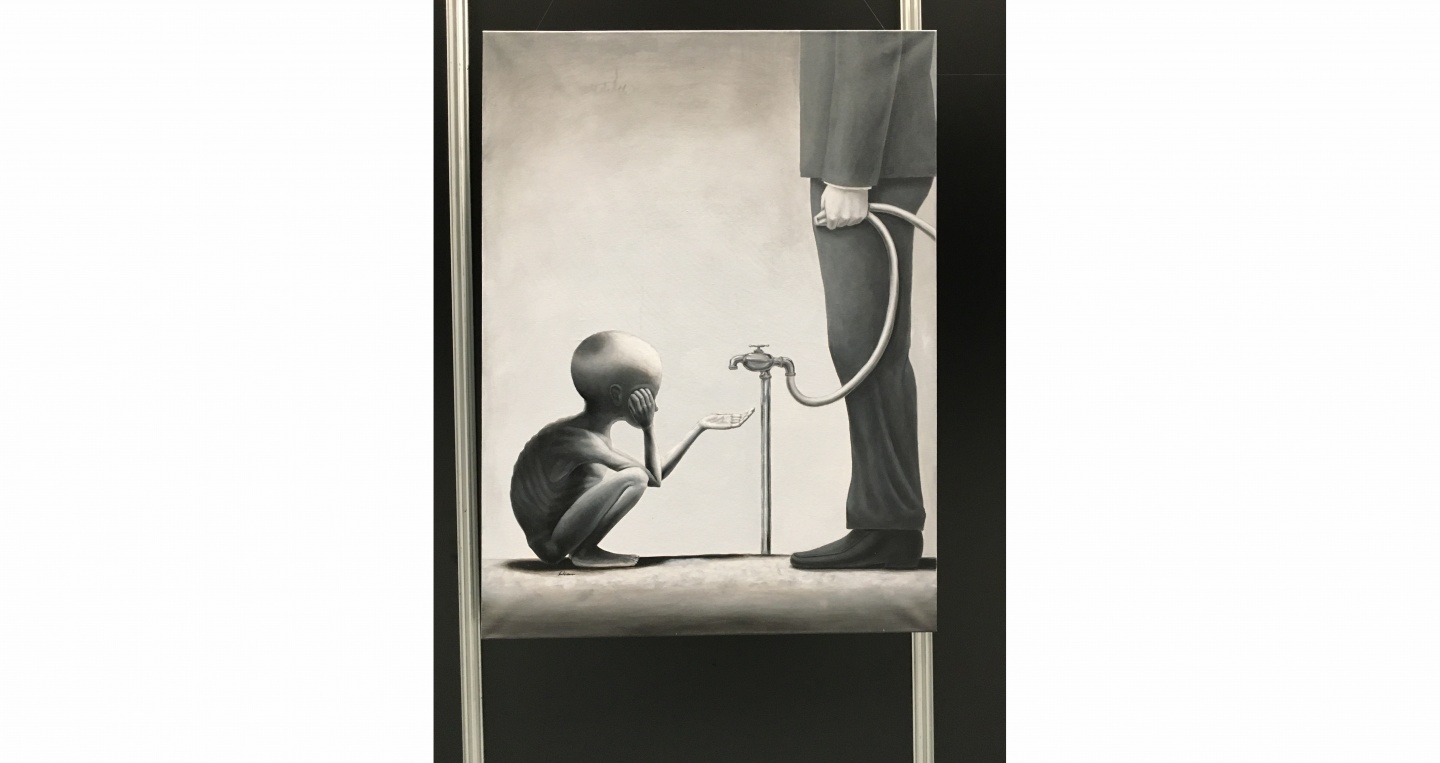6 December, 2019The fifth day of the COP25 conference, Brian Kohler reports
As week one of COP25 drew to an end, all Parties were under pressure to produce final reports before the political level of discussions begin next week.
The COP President held an information update session for today for observer parties. Our Chilean colleague took the opportunity to remind her of Chile’s violations of human rights, and questioned her legitimacy to steer the COP. The President made a perfunctory reply about Chile’s respect for human rights but also the rule of law, as if to imply that the protestors were lawbreakers. In fact her responses to other questions were largely uninformative, as well.
Discussions continued in several areas, including Article 6. Several thorny issues remain to be settled as of my last information. The rules of the “international transfer mitigation outcomes”, which means emissions trading - or a “carbon market” must respect human and labour rights. A positive sign is that a number of countries are now in agreement that the principle of respect for human rights is an essential feature of any market mechanism.
In yesterday’s blog post I tried to explain the complex structure of the COP25 discussions. The danger inherent in this complexity is that overall progress can be difficult to detect below the many layers of seemingly busy discussions.
The reasons for this are not hard to understand: in a multilateral exercise, the need to seek consensus in an conference where work streams and subcommittees seem to multiply, takes a lot of time.
Unfortunately, we have little time left to make progress on the problem of climate change.
Greta Thunberg, the youth climate activist, arrived today, and a protest march for climate action is scheduled for this evening.
Friday of week one is as good a time as any to reflect on the integration or intersection of several forces. Knowing that IndustriALL Global Union has done a lot of work on climate change, Just Transition, sustainable industrial policy, Industry 4.0, and the future of work, I have been asked questions about the relationship between these topics. These topics are actually quite closely related in some ways.
The future world of work will certainly be transformed by the need to decarbonise the economy, but changes are simultaneously being driven by the range of advanced and disruptive technologies being rapidly introduced in our workplaces. Indeed, these drivers of change, and others such as changing demographics and the shifting political environment, cannot be fully separated. While changing technologies will be fundamental to solving climate change, particularly in the energy sector, it is once again the potential social impacts that are being ignored. It is principally up to trade unions to make this point.
Decarbonisation of industry, along with digitalization, the “internet of things”, artificial intelligence, advanced semi-autonomous robots, 3-D printing, nanotechnology, biotechnology – all of these techniques and more, sometimes labelled the Fourth Industrial Revolution or Industry 4.0 – will deliver greater productivity. This is not in doubt, because if these technologies did not promise increased productivity there would be no reason to adopt them. This means fewer hours of labour to produce the same goods or services, with the potential for increased leisure time, more opportunities for self-fulfilment and creativity, better access to the workplace for women and traditionally disadvantaged groups of workers, safer healthier and more fulfilling work.
Why then are workers, globally, instead experiencing worse and more precarious jobs, “gig” work, zero-hour contracts, poorer working conditions, reduced real income, demands for raising the age of retirement, long working hours, short vacations, and resistance to even such basic demands as maternity and paternity leave? Why are trade unions under relentless attack? Why are we creating a surveillance culture, a culture of fear and hate, instead of a sense of community and a culture of happiness?
It is because so long as the only driving force for companies to adopt these technologies is to cut costs and increase profits, all will suffer save those few who own the technologies. The introduction of disruptive new technologies must be people-centric rather than profit-centric, guided by sustainable industrial policies – public policies in the public interest – created via real and meaningful social dialogue. To navigate these changes we need a guarantee of a genuinely Just Transition that leaves no-one behind.
Change is coming. If we are not at the table to jointly direct these changes, we’ll be on the menu.
